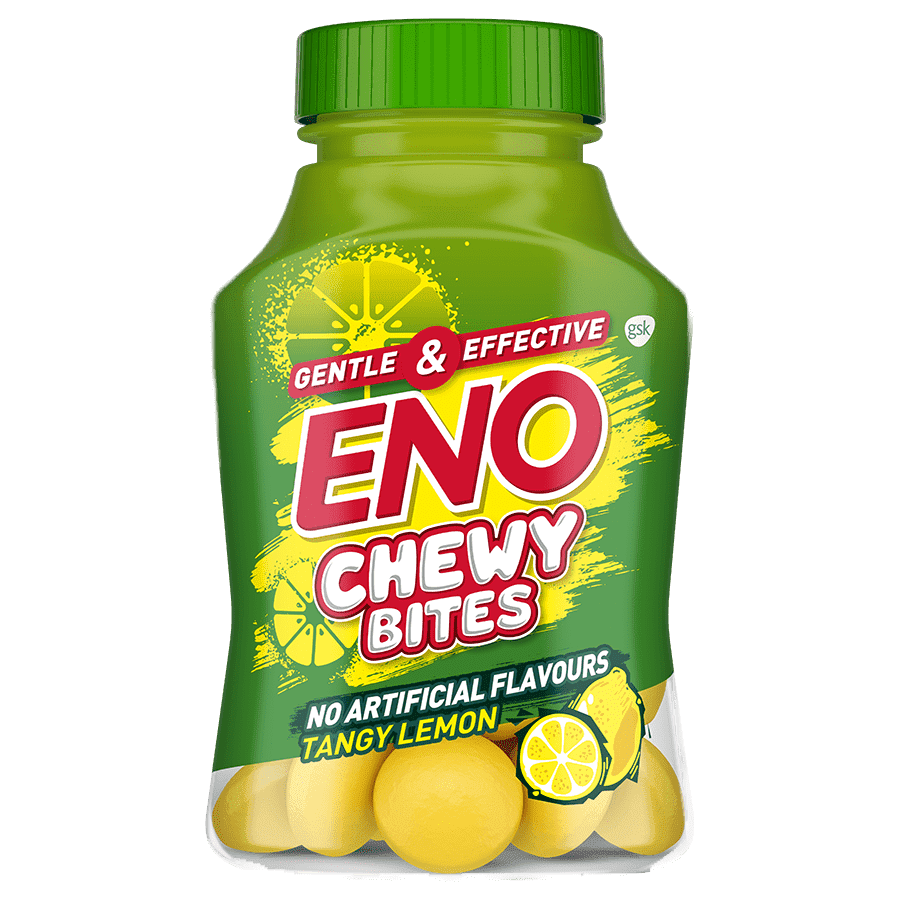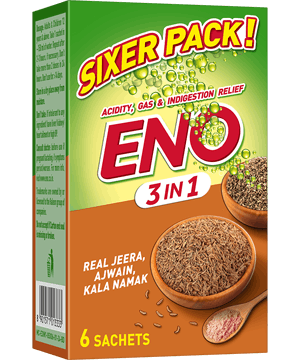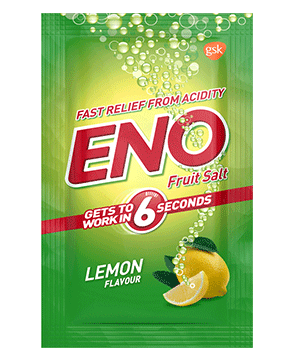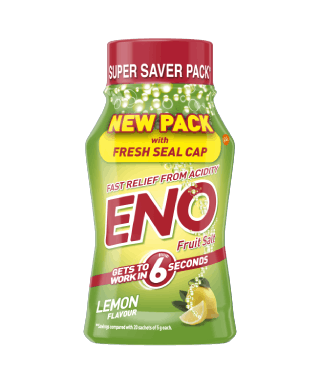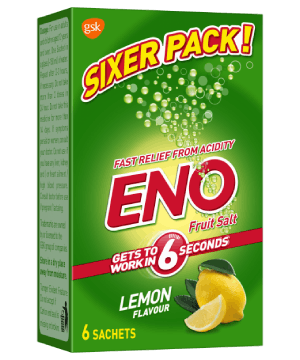Understanding The Types Of Acidity Problems And Its Remedies
You’ve probably heard people talk about acid reflux, gastric reflux or just plain reflux, as well as GERD, gastro-esophageal reflux and heartburn. These are all problems with acidity, and it’s estimated they affect up to 25% of adults at some time of their life.1
We all need stomach acid (gastric acid) to help us digest our food, but sometimes it ends up causing problems like the ones listed above. All these terms can be a bit confusing – are they different names for the same thing, or are they different things?
If you have acidity problems, we can help you work out what’s going on and how to get relief. But before we do, it’s worth pointing out that if your symptoms are severe or prolonged, you should see your doctor.
What Type Of Acidity
Problem Do You Have?
To get to know more about acid reflux and gastro-esophageal reflux disease (GERD), it helps to understand a little bit about stomach acid.
Our bodies produce stomach acid to help us digest our food. Generally, when our stomach acid stays in our stomach there aren’t any problems.
We have a special ring of muscle at the entrance to the stomach, called the ‘lower esophogeal sphincter’(LES), to help us keep our stomach acid where it belongs.1,2 The LES relaxes to allow food and drink to enter our stomach, and then tightens again to keep it there.1,2
Sometimes though, the LES relaxes when we don’t want it to, allowing stomach acid to escape back up the esophagus. This is when we get ‘acidity problems’ like acid reflux, heartburn and GERD.1
Symptom Checker 1 |
|
|---|---|
Acid Reflux
|
GERDSymptoms of acid reflux and/or |
Heartburn
|
|
Acid Reflux
If acid from the stomach comes right up the oesophagus to the throat or mouth, this is called acid reflux. Around 16% of the population in Western countries is affected by acid reflux.1
Heartburn
Heartburn tends to occur when stomach acid or acidic gases are lower down the esophagus.1 In Western countries, approximately 23% of the population is affected by heartburn.1
GERD
This is the term used when people regularly have acid reflux, heartburn or other symptoms caused by the presence of gastric acid in the esophagus. GERD affects around 20% of people in the West and between 3% and 16% of people in Asia.1
Please remember that chest pain can be a symptom of a heart problem, especially if you also have shortness of breath or pain in the arm or jaw. If you have these symptoms it’s important to get checked straight away.
It’s OK, help is at hand, or should we say Eno is!
Whether you have acid reflux, heartburn or GERD, you’ll be happy to know that there are a number of things you can do to stop or reduce the symptoms and help prevent them from occurring again.
Most doctors recommend trying some changes to your lifestyle as the first step.1-4 It’s generally best to try a couple of changes at a time so you can see which ones work and which ones don’t.
You might already have a good idea of something that might trigger your symptoms – if you do, changing that is obviously the best place to start.

Eat smaller, more-frequent meals5
A lot of people find they get acid reflux or heartburn after eating a big meal. This may be because having a very full stomach can put pressure on your lower esophogeal sphincter. Try eating four or five smaller meals a day instead of three large ones.

Try healthier food and drinks2–4
Some foods or drinks, such as fatty and spicy foods, alcohol, tea, coffee and other caffeinated drinks, seem to trigger symptoms. It can be hard to avoid foods you love, but if you think that a particular food or drink might be a problem, try avoiding it for a while and see if it makes a difference.

Maintain a healthy weight3–4
There is some evidence that if you’re overweight, losing some weight can help reduce the symptoms of acid reflux or heartburn. We know losing weight can be difficult and there is a lot of conflicting advice about the best way to do it, so it’s a good idea to ask your doctor.

Eat well before going to bed and sleep on your left side3–4
If you tend to get symptoms at night or when you go to bed, there are a few things you can try. Avoid eating a meal within 3 hours of going to bed, and prop up the head of your bed by 10 to 15 centimeters to help stop stomach acid from rising up into your esophagus. It’s also best to sleep on your left side.

Reach out for Eno
When acidity shows up despite such precautions, know that Eno has your back. Eno complements your body’s natural defence mechanism to fight heartburn, acid indigestion or sour stomach, and gets to work in just 6 seconds5
TREATMENTS LIKE
ANTACIDS CAN ALSO HELP
As well as making some changes to your lifestyle, medications can be very helpful to manage the symptoms of acid reflux, heartburn or GERD.
There are three main types of medications to treat acidity symptoms:1
- Antacids – like Eno, these work by neutralising the acid in your stomach (gastric acid). It’s usually recommended to try an antacid before other medications because they’re readily available from pharmacies and they tend to provide relief very quickly.1,5.
- H2-receptor antagonists (H2RAs) – These are designed to reduce the amount of gastric acid you produce. They don’t work as quickly as antacids, but the effects may last longer.1,5
- Proton pump inhibitors (PPIs) – These work in a similar way to H2RAs, but they are more powerful and therefore may be more effective if your symptoms are more severe.1,5
You should speak to your doctor if your symptoms persist despite the use of over-the-counter medications such as antacids.
Where to find out more
Now that you understand the differences between acid reflux, heartburn and GERD, as well as ways to get relief from them, we hope they won’t be bothering you as much.
If you do decide to try an antacid, ENO may be a good option as it works fast and it’s convenient to use. You can learn more about ENO here.
Please remember to see your doctor if you have persistent or particularly severe symptoms, or if there’s anything you’re not sure about.

